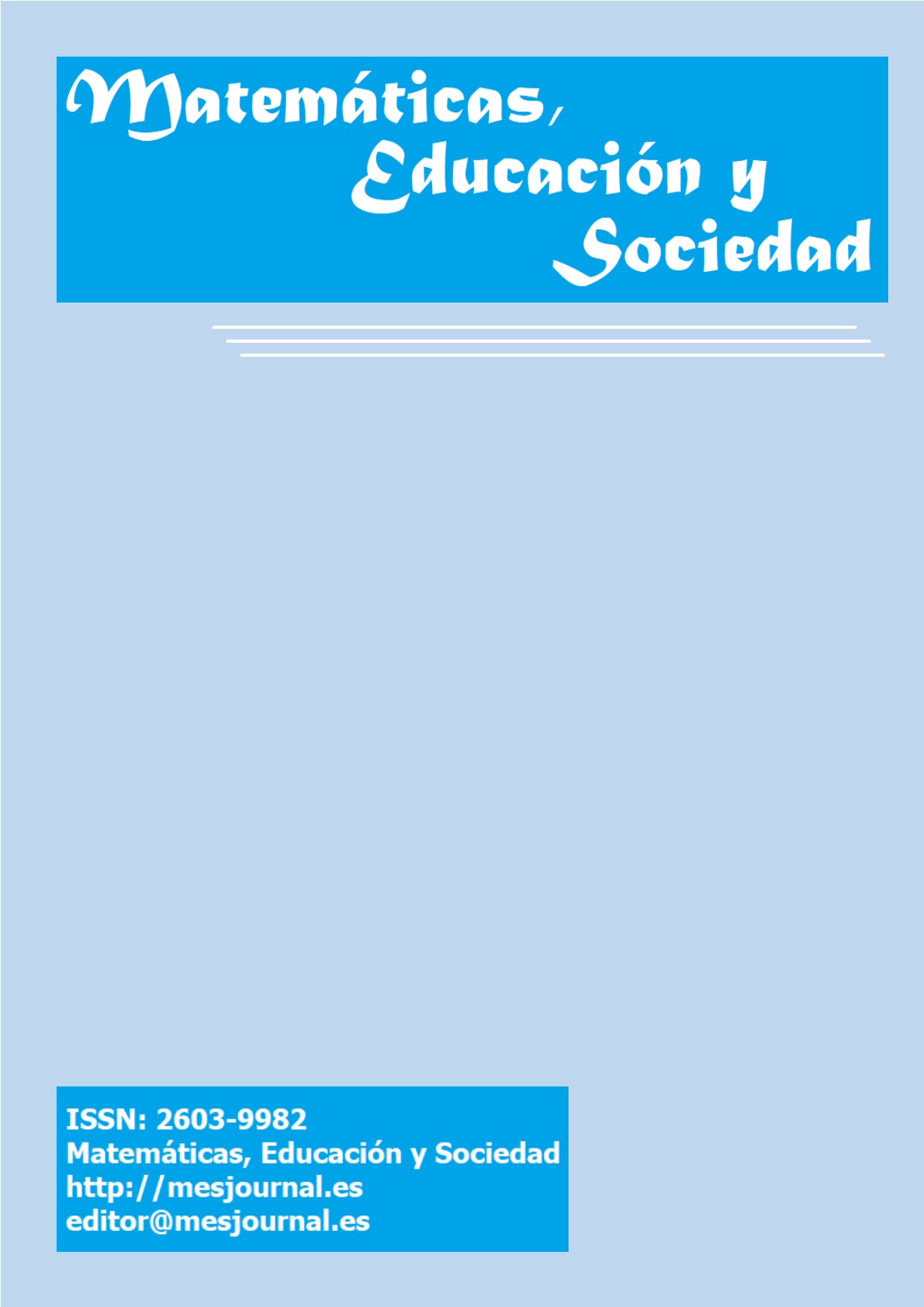Determination of sources of algebraic errors from the use of algebraic extrapolation techniques
Main Article Content
Abstract
The previous knowledge that the students possess when they enter the university, can be considered like a weapon of two edges. On the one hand, if these knowledges were learned in a meaningful way they can be used as a support tool, at the moment when the students try to solve the different algebraic tasks that they will face during their academic formation. However, if they were not understood correctly, they can become difficult cognitive obstacles to overcome, when trying to apply that knowledge in the new contexts that will be presented to them. This research presents a qualitative study through the application of 20 semi-structured interviews in university students, where their answers to a written test based on the items obtained from the work of Matz (1980) were analyzed. The results indicate that the previous knowledge of the students interviewed serves more as obstacles than as support.
Downloads
Article Details
This work is licensed under a Creative Common License (CC BY 3.0 ES)
References
Brousseau, B. (1997). Theory of didactical situations in mathematics. Dordrecht: Kluwer A. P
Brown, S., Findley, K., & Montfort, D. (2007). Student Understanding of States of Stress in Mechanics of Materials. The International Journal on the Biology of Stress, (August): 1994-2000.
Chi, M. T. H., & Roscoe, R. D. (2002). The process and challenges of conceptual change. In M. Limon & L. Mason (Eds.), Reconsidering conceptual change: Issues in theory and practice (pp. 3-27). Dordrecht: Kluwer.
Collis, K. F. (1974). Cognitive Development and Mathematics Learning. Paper presented at the Psychology of Mathematics Workshop, Centre for Science Education, Chelsea College. London.
Cohen, L. y Manion, L. (1990). Métodos de investigación educativa. Madrid: La Muralla.
De la Torre, S. (2004) Aprender de los errores. El tratamiento didáctico de los errores como estrategia de innovación. Buenos Aires: Magisterio del Río de la Plata.
Fischbein, E. (1987). Intuition in Science and Mathematics. Dordrecht: Reidel.
Kieran, C. (1992). The learning and teaching of school algebra. In D. A. Grouws (Ed.), Handbook of research on mathematics teaching and learning (pp. 390-419). New York: Macmillan.
Matz, M. (1982). Towards a Process Model for High School Algebra Errors. In D. Sleeman & J.S. Brown (Eds.), Intelligent Tutoring Systems (pp. 25-50). New York: Academic Press.
Merenluoto, K., &Lehtinen, E. (2002). Conceptual change in mathematics: understanding the real numbers. In M. Limon, & L. Mason (Eds.), Reconsidering conceptual change. Issues in theory and practice (pp. 233–258). Dordrecht: Kluwer.
Palarea, M. M. (1998). La adquisición del lenguaje algebraico y la detección de errores comunes cometidos en álgebra por alumnos de 12 a 14 años. Tesis doctoral. Departamento de Análisis Matemático. Universidad de la Laguna. Recuperado 1 de octubre de 2018 de: http://www.cseiio.edu.mx/bibliotecavirtual/Matematicas/Descargar/lenguajealgebraicoenadolescentes.pdf
Radatz, H. (1980). Student’s Errors in the Mathematics Learning Process: A Survey. For the Learning of Mathematics.1(1) (July): 16-20.
Rico, L. (1995): “Errores y dificultades en el aprendizaje de las Matemáticas”, cap. 3. pp. 69-108, en Kilpatrik, J.; Gómez, P., y Rico, L.: Educación Matemática. Grupo Editorial Iberoamérica, Méjico.
Stavy, R. &Tirosh, D. (2000). How Students (Mis-) Understand Science and Mathematics: Intuitive Rules. New York: Teachers College Press.
Stafylidou, S., & Vosniadou, S. (2004). Student’s understanding of the numerical value of fractions: A conceptual change approach. In L. Verschaffel and S. Vosniadou (Guest Eds).

